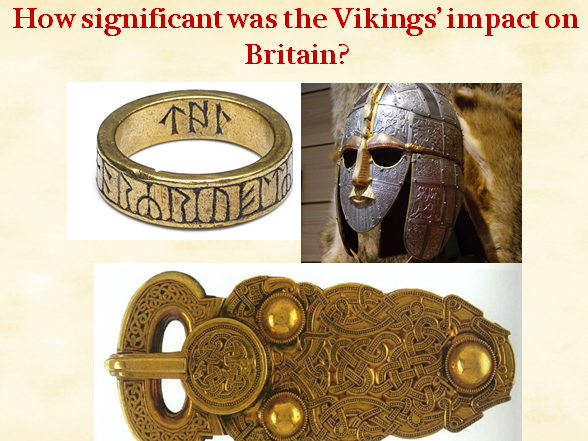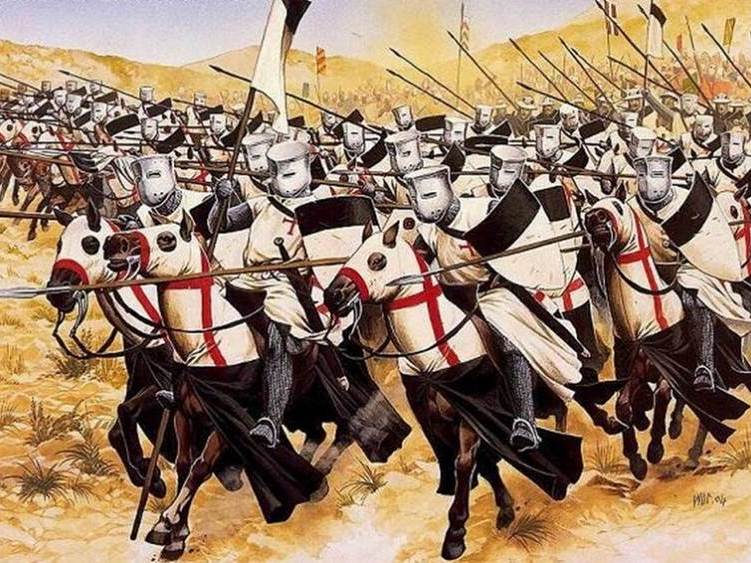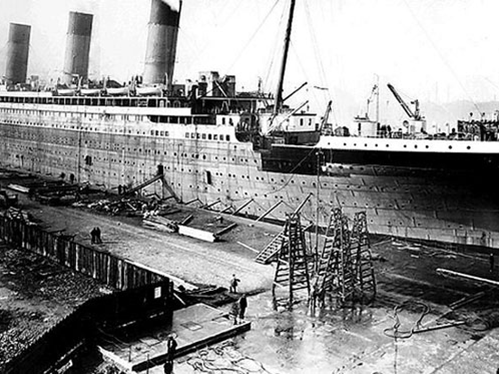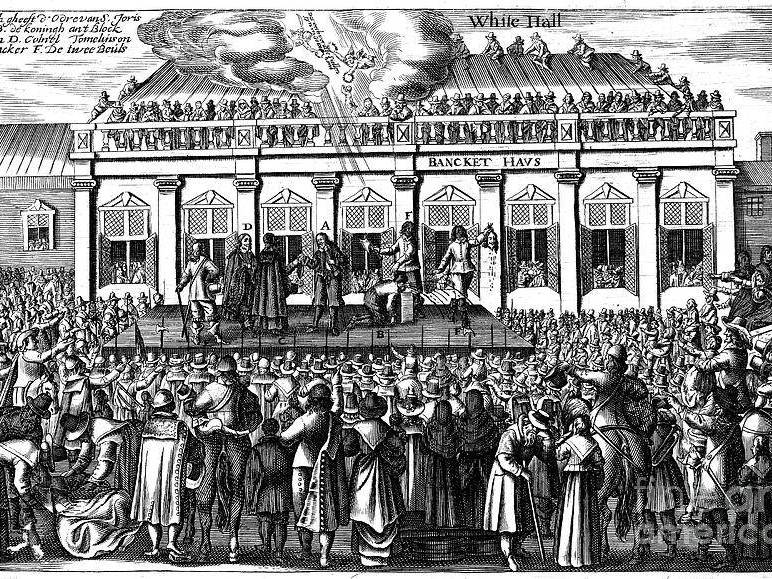
24Uploads
8k+Views
5k+Downloads
History

What was the impact of WWII on the Home Front?
A Year 9 lesson that explores the impacts that the Second World War had on British civilians on the Home Front. This covers effects such as rationing, evacuation and also the broader impacts on British society that resulted from WWII.

Why was there a witch craze in the 17th Century?
A lesson for Year 8 about why there was a witch craze in England after the 17th century - resources pinched from various locations as well as my own work; it may be nice to add a source activity in there too!

Why was the Battle of Britain a turning point in WWII?
A lesson that explores the significance of the Battle of Britain in the context of WWII, and why it has been remembered as such an important moment in British history.
Higher and lower ability categorising sheets attached.

Was the Reformation really a Tudor Brexit?
A fun lesson in which the students try and draw out the comparisons between Brexit and the Reformation in 1534.
All built around an FT article (pretty challenging- there is a lower ability version that I created but it’s still a challenging read) from which the students draw comparisons.
They then have a go at running a “Tudor Brexit” campaign, arguing for either remaining in the Catholic Church or Leaving it.

How significant was the Vikings’ impact on Britain?
A higher ability Year 7 lesson on the impact of the Vikings on Britain. Begins with a discussion of historical significance, and progresses to a card sort and a graphical representation of the significance of different impacts that the Vikings had. Was an observation lesson judged outstanding.

How did the Qing Dynasty come to power?
The second lesson in a mini scheme of work on Qing China that explores how the Manchu tribe were able to overthrow the Ming Dynasty and take over power.
This lesson not only explores the key events in that process, but examines continuity and change from the Ming Dynasty before it through a card sort and analysis activity.

The Opium Wars
This is the final lesson in a mini scheme of work on Qing China which focuses on the Opium Wars.
Within this lesson, the students will:
Learn about what opium is and why it was historically significant
How the trade in Opium impacted Qing China
Create a storyboard of the First Opium Wars
Analyse what this event tells us about Anglo-Chinese relations
Debate the ethics of the issues raised in this conflict.
This lesson would also work well as a standalone lesson in a broader scheme of work about Britain’s empire in the 19th Century.

Introduction to Qing China
This is an introductory lesson to a mini Year 8 scheme of work on Qing China - within this lesson, the students will compare what events are going on in European history against those in Qing China to give them an overview of the time period grounded in their prior knowledge of European history.

What was life like in Qing China?
This is the third lesson in a mini scheme of work on Qing China, in which students learn what life was like under Qing rule.
Within the lesson(s), the students explore what life would have been like for different groups of people in the Qing Dynasty through the studying of a number of different primary sources, which then leads into a research project on a “Guide to life in Qing China”, for which there is also resources attached.

How did Qing China's justice system work?
This is the fourth lesson in a mini scheme of work on Qing China, in which students learn about how law and order worked under the Qing Dynasty and how that compared with European law and order.
Within this lesson, the students:
Begin by comparing what they know about law and order in Britain to what they can infer from a number of sources about law and order in Qing China.
They then create a diagram to illustate how the Qing justice system worked.
They then do a fun little activity where they try and match Qing punishments to crimes!
There is also an activity that begins to explore how Confuscian principles impacted the Qing legal system.
The lesson ends with an Autumn Court scenario where the students decide what punishment fits the crime given to them.
Overall this is at least two lessons’ worth of material, and was great fun when I tried it out with my class!

How did William the Conqueror solve his problems?
A lesson that fits in nicely to a sequence about the Norman conquest - this lesson focuses on what problems William faces in the immediate aftermath of the Battle of Hastings and then in the longer term after he has been crowned King.
The students are given a number of problems (I normally make them into scrolls and deliver one to each student) and they have to come up with their own solutions.
Once they have done this for each problem, there is a discussion quiz that goes through the different potential solutions to each problem and reveals the option that William took.
At the end, there is a task where they compare their decisions to William’s, and think about what they show us about William as a leader.

Who should be King in 1066?
A nice self contained lesson where the students debate the qualities of a good leader, and then apply their ideas to the profiles of the contenders to the throne in 1066 to decide who they think would make the best leader - a classic lesson!
This is a very versatile lesson - you can do the activites within the lesson, or you could change and adapt the profiles to suit your class - making top trumps for each of the contenders is always fun!

How did a sandwich lead to WW1?
A year 9 lesson on how the assassination of Archduke Franz Ferdinand led to the First World War.

Was Oliver Cromwell a hero or a villain?
A nice Year 8 lesson on whether or not Cromwell was a hero or villain.
The students begin with a discussion about what his statue outside Parliament tells us about him as a man, and then progress to sorting out different reasons for each opinion through a card sort/categorisation activity, and then finish off with a mini team debate.

Why was control of Jerusalem important?
A Year 7 lesson that could go at the beginning of a Crusades topic on why Jerusalem was significant in the middle ages. The lesson includes a fact finding activity about Jerusalem and a guided analysis of Pope Urban’s speech.

What caused the English Civil War?
A really interactive Year 8 lesson on the causes of the English Civil War. Students work in groups of four and make a number or decisions based on Charles’s reign as King and see whether or not they would make the same mistakes as him in the build up to the Civil War. Whiteboards are essential! This is easily two lessons’ worth: one entire lesson for discussion, the second to finish it off and construct a timeline of events.

Why was the sinking of the Titanic so controversial?
A Year 9 lesson that analyses the controversy of the sinking of the Titanic using a modern day parallel between that and the Grenfell Tower disaster.
Students begin by reading two different articles about Grenfell, and then use them to come up with criteria for what makes an event controversial.
These are then applied throughout the lesson, as the students sort through factors that made the sinking of the Titanic controversial, and to draw comparisons to modern day disasters and controversies such as Grenfell.
Rated outstanding in an observation.

What were conditions like in the trenches
A Year 9 lesson on conditions in the trenches, beginning with a story about the mud at Passchendaele, an analysis of what made trenches such an effective system of defence in the first place and then an evaluation of what trench conditions were like and the biggest dangers a soldier on the front line would have faced.

Industrial Revolution: Inventions and mechanisation
A KS3 Yr8 lesson that explores inventions and mechanisation in the industrial revolution, with differentiated card sorts and an optional dragon’s den activity at the end! (Could easily be turned into 2-3 lessons).

Were the English right to execute their King in 1649?
A Yr8 Civil War lesson on whether or not Parliament were right to execute Charles I in 1649. This is at least two lessons’ worth of material: in the first lesson, students categorise justifications for and against executing Charles, and then evaluate and analyse the reasons behind the decision.
The pupils then go on to create a newspaper article (“The Execution Special”) from either Parliament’s or the Royalists’ perspective about what happened, why and whether it’s good for England’s future.




















